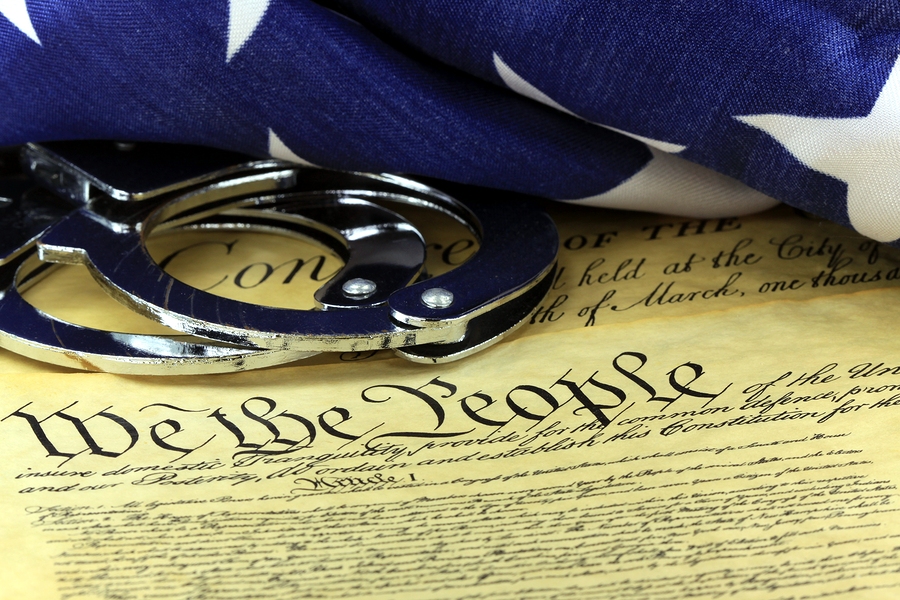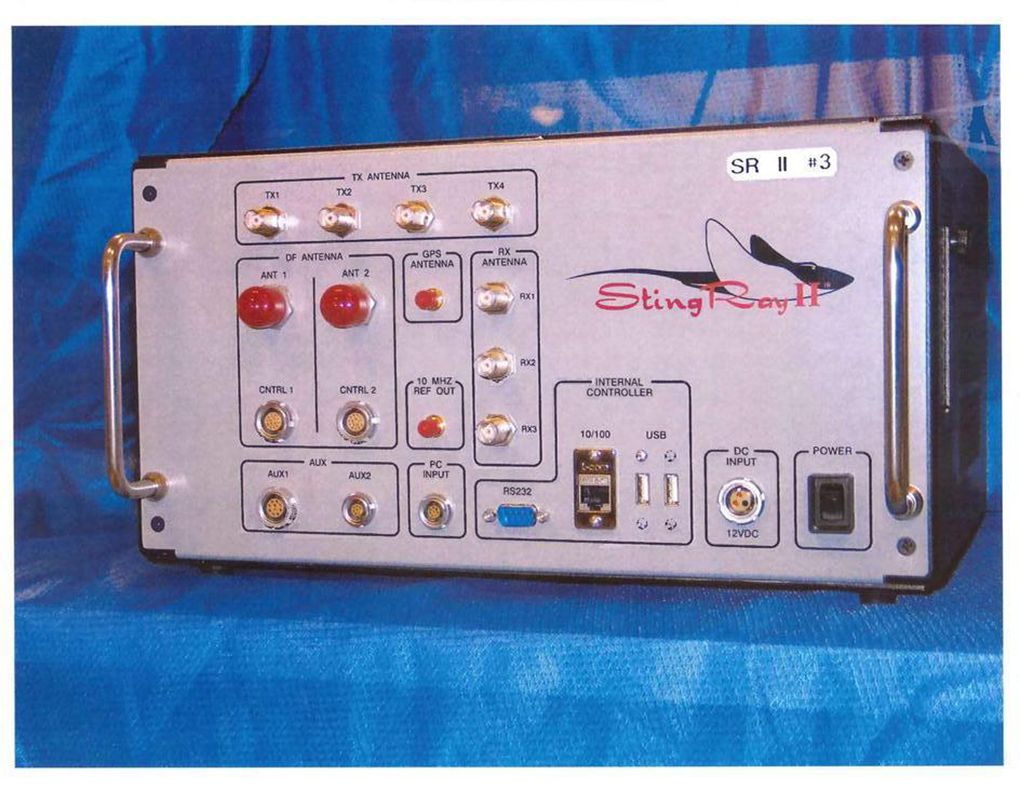In State v. Vanhollebeke, the WA Court of Appeals Division III decided a vehicle owner’s consent to search overrode the driver’s express objections.
On the night of November 10, 2014, Sergeant Garza pulled the truck over that was facing the wrong way on a one-way street. Sergeant Garza got out of his patrol car and approached the truck. The defendant Mr. Vanhollebeke got out of the truck and started walking toward Sergeant Garza. Sergeant Garza ordered Mr. Vanhollebeke to get back in the truck. Mr. Vanhollebeke then said he had locked himself out of the truck. This unusual behavior made Sergeant Garza suspicious.
Dispatch advised that Mr. Vanhollebeke’s license was suspended. Dispatch also advised that Mr. Vanhollebeke was not the registered owner of the truck, and that the truck belonged to a man named Bill Casteel. Sergeant Garza’s plan at this point was to cite Mr. Vanhollebeke for driving with a suspended license and then release him.
However, another police officer noticed a glass pipe with a white crystal substance on it sitting in plain view near the dashboard, which he believed was drug paraphernalia. Also, the truck’s steering column was “punched,” which indicated the truck was stolen. The officers did not release Mr. Vanhollebeke and kept him in their custody.
The officers asked for permission to search the truck. Mr. Vanhollebeke refused. Sergeant Garza contacted Mr. Casteel, the actual owner of the truck, at Casteel’s home. Mr. Casteel told Deputy Barnes that Mr. Vanhollebeke had permission to use the truck. Casteel also gave police permission to search his truck and gave Deputy Barnes a key to it.
Deputy Barnes returned directly to the scene. He used the key to open the truck and began to search it. He looked under the driver’s seat and saw a revolver. The glass pipe tested positive for methamphetamine. The officers confirmed through dispatch that Mr. Vanhollebeke had a prior felony conviction.
The State charged Mr. Vanhollebeke with first degree unlawful possession of a firearm. Mr. Vanhollebeke argued a CrR 3.6 motion to suppress the physical evidence on the grounds that he had refused to give the officers consent to search the truck and also that the stop’s length and scope were unreasonable. However, the trial court admitted the evidence and denied Mr. Vanhollebeke’s motion to suppress. The jury convicted Mr. Vanhollebeke.
Vanhollebeke appealed on the issue of whether Mr. Casteel’s consent overrode Mr. Vanhollebeke’s express objection to search.
The Court of Appeals upheld the search. It reasoned that the Fourth Amendment to the United States Constitution guarantees people the right to be free from unreasonable searches and seizures. Warrantless searches are generally illegal unless they fall within one of the exceptions to the warrant requirement. However, one exception is consent to search by a person with authority over the place or thing to be searched. This exception includes consent given by a third person, other than the defendant.
The court further reasoned that to grant valid consent, the third party must have common authority over the place or thing to be searched. The court explained that common authority does not mean that the third party has a mere property interest in the place or thing being searched. Rather, to establish lawful consent by virtue of common authority, (1) a consenting party must be able to permit the search in his own right, and (2) it must be reasonable to find that the defendant has assumed the risk that a co-occupant might permit a search.
The court decided Mr. Vanhollebeke’s right to use the truck was dependent on the owner’s unrevoked permission:
“Here, Mr. Vanhollebeke had the actual right to exclude all others from the truck except for Mr. Casteel. For this reason, Mr. Vanhollebeke did not have a reasonable expectation of privacy if Mr. Casteel wanted to search his own truck or allow another person to do so.”
With that, the Court concluded Mr. Casteel’s consent to search his truck overrode Mr. Vanhollebeke’s objection. Therefore, the search did not violate Mr. Vanhollebeke’s reasonable expectation of privacy and the trial court did not err in denying Mr. Vanhollebeke’s CrR 3.6 motion to suppress. Vanhollebeke’s conviction was affirmed.
My opinion? Common authority search issues don’t happen very often in criminal defense. But when they do, it’s imperative to hire competent criminal defense who can leverage a strong motion to suppress the evidence and/or divide the “common parties” to the search. Perhaps the greatest lesson to learn is to simply avoid transporting illegal contraband in plain view within borrowed vehicles.
Please contact my office if you, a friend or family member are charged with a crime. Hiring an effective and competent defense attorney is the first and best step toward justice.















